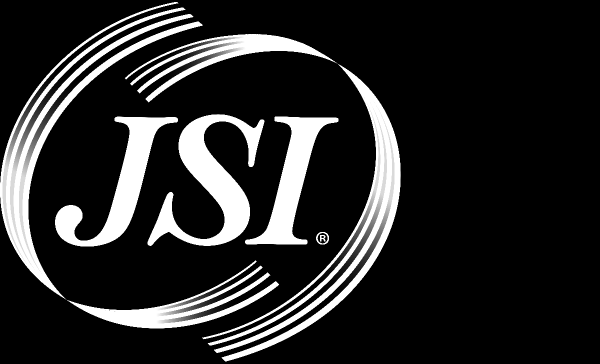
FCC’s Strengthened Slamming, Cramming Rules Begin Aug. 16

Last week, the FCC announced that its enhanced slamming and cramming rules would take effect on August 16, 2018. Although the FCC has always had rules in place regarding the enforcement of both slamming and cramming, in June it revised the rules to allow the FCC to take tougher action against service providers that violate them.
Slamming is the practice of fraudulently switching a customer’s prescribed local or interexchange carrier to another carrier. The new slamming rules focus on banning “material” misrepresentations made by carriers on sales calls to scam customers into switching carriers. The FCC contrasted occasional minor or trivial inaccuracies from a material misrepresentation that have an impact on the consumer’s decision to switch carriers. Only a material misrepresentation will invalidate the authorizations a customer may have given for a carrier change.
And, for the first time, the FCC added cramming enforcement provisions to its truth-in-billing rules for those violators that add services to a customer’s bill that they did not order. The Commission has always considered cramming illegal, but the new rules give the FCC the power to strictly enforce cramming violations.
The enhanced slamming rule was put in place to stop the practice of using illegal means to obtain information, such as telemarketers recording voice responses under false pretenses to use as authorization to change customers’ service providers. To verify a customer’s request for a change, carriers are required to get either a Letter of Agency (LOA), an electronic authorization, or submit a recorded conversation between the customer and a third-party verifier. Carriers caught editing customer recordings to fraudulently authorize a change will be fined by the FCC and suspended from using the third-party verification process for five years. Those carriers will be forced to use another process, like the LOA, as confirmation that a customer has requested to switch services. Customers also may freeze their choice of carriers.
The June Order also eliminated the previous requirement that carriers must have separate authorizations to switch each individual service when selling more than one service, such as local exchange, intraLATA toll and interLATA toll.
The FCC plans to continue using its enforcement authority to stop slamming and cramming, including substantial monetary penalties and revocation of Commission operating authorization. The new rules come with increased fines for the slamming carrier. The Commission may assess a fine of up to $196,387 against a carrier for each willful or repeated violation of the Telecom Act or any rule, regulation or order.
If you have any questions about slamming or cramming rules or these strengthened enforcement measures, please contact Lisa McLaughlin in our Texas office at 512-338-0473 or Bridget Alexander White in our Maryland office at 301-459-7590.




